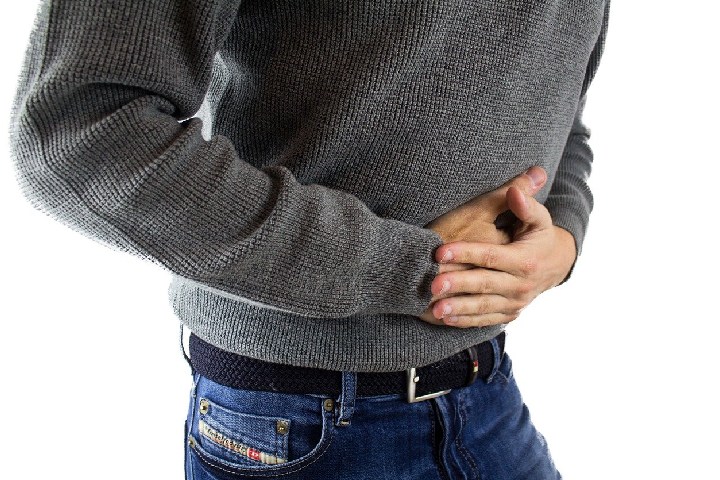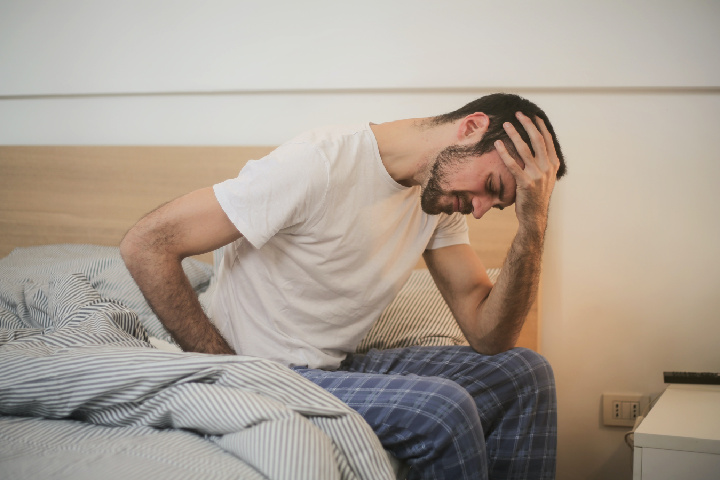Anaemia: Fatigue, paleness, repeated dizziness are signs of anaemia. We usually relate anaemia to a lack of iron, and the key is to find the origin of this deficiency.
Table of Contents
1. Feeding Affects
You need at least 10 mg of iron a day, and this is obtained through food. Therefore, the origin of anaemia is usually “on the plate.”
The ” miracle diets, “which many women follow lightly and are often unbalanced and strict, are silent culprits in many cases of this disorder.
To guarantee daily iron doses, a diet (even if it is low in calories) must provide food from all the nutritional groups.
For example, although vegetables are necessary and healthy, a strict diet based only on fruits and vegetables can lead to anaemia. The iron obtained from foods of animal origin is the “heme” type (it comes from the blood), and it assimilates much better than that of vegetables.
If you follow a lifestyle based on the Mediterranean Diet, you shouldn’t have problems in this regard, as it is very balanced.
2. Do You Lose More Blood Than Usual?
Iron intake is often correct, but blood loss occurs, and the iron also contains “escapes.” It is what causes that people who, for some reason, have blood drawn several times in a short time, can end up with anaemia.

However, there are other prevalent situations in which you can lose more blood than usual.
For example, if you are a woman and your periods are abundant (in these cases, the iron needs increase up to 18 mg daily) or if you have haemorrhoids since they can cause small but constant bleeding that, over time, ends up translating into a loss of iron.
3. Uterine Bleeding
It may be from abnormal uterine bleeding.
In this case, it comes from the endometrium and causes more blood to be lost than it can replace, leading to anaemia as time goes by.
4. Do You Have Any Intestinal Problems?
The body absorbs iron in the upper part of the small intestine. Any severe alteration of this part of the digestive tract can lead to a deficiency of the mineral.
If your intestinal transit is fast (you tend to go to the bathroom more times a day than most people), food is not in the intestine long enough, and you may not get all its iron.
In case you have celiac disease, food intolerances (such as lactose or cow protein), or irritable bowel syndrome, the same can happen; in those cases that these alterations cause diarrhoea.
5. An Ulcer May Be Behind
Wounds to the stomach sometimes cause internal bleeding, and that little blood loss can lead to anaemia.

It may be the first symptom of the ulcer. For this reason, see your doctor immediately if the stools or vomit turn blackish since both are apparent signs of bleeding.
You may also notice a stabbing pain (especially in the pit of your stomach) that you mistake for heartburn or burning. Also, your stomach may be bloated.
Iron Deficiency Anemia
Tiredness, skin paler than usual, loss of strength are typical symptoms of anaemia, the most common health problem directly related to blood.
Although women are more likely to suffer from it for different reasons (mainly due to an inappropriate diet and blood loss during menstruation), it can occur in both sexes and usually responds to a lack of iron in the blood.
Unbalanced diet and menstruation are often the cause
And what causes the amount of iron in the body to drop? There are multiple reasons (such as those we have pointed out above) that can lead to a gradual decrease, although luckily, this situation is reversible in most cases.
Analyze if this is your case, especially if you have already noticed any symptoms like those we have described already lasting too long (if it happened more than 2 weeks ago, consult your doctor).
You may also notice a stabbing pain (especially in the pit of your stomach) that you mistake for heartburn or burning. Also, your stomach may be bloated.
How Anemia Affects You
Anaemia is a pervasive health disorder that appears when there is a lower than average haemoglobin concentration in your blood, which usually means that it is more difficult for your circulatory system to carry oxygen to all the body cells.
In turn, many times, this is because your body lacks iron for some reason.
The signs indicating anaemia’s appearance can go unnoticed since they are usually subtle, and we relate them to something specific because they have to do with a loss of vitality. The most frequent symptoms are:
- Your skin becomes paler.
- You get dizzy quickly.
- You notice that you have less strength.
- You experience fatigue despite having had enough sleep.

